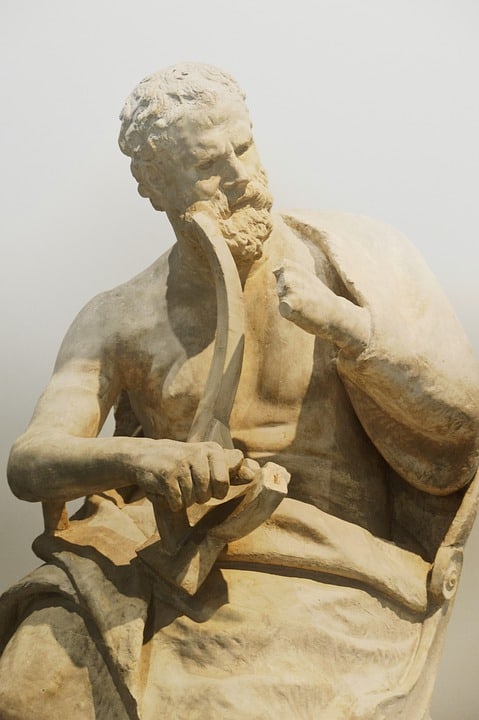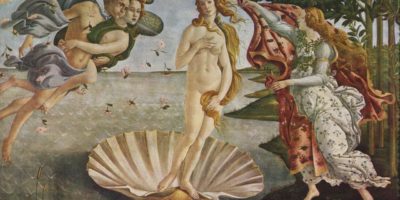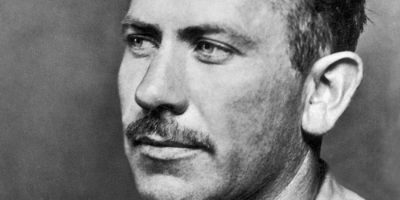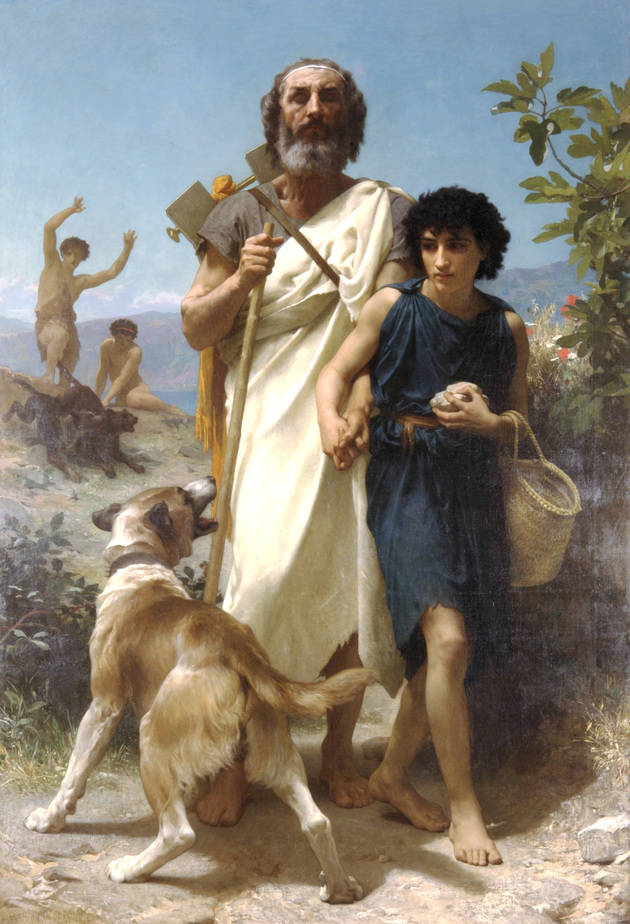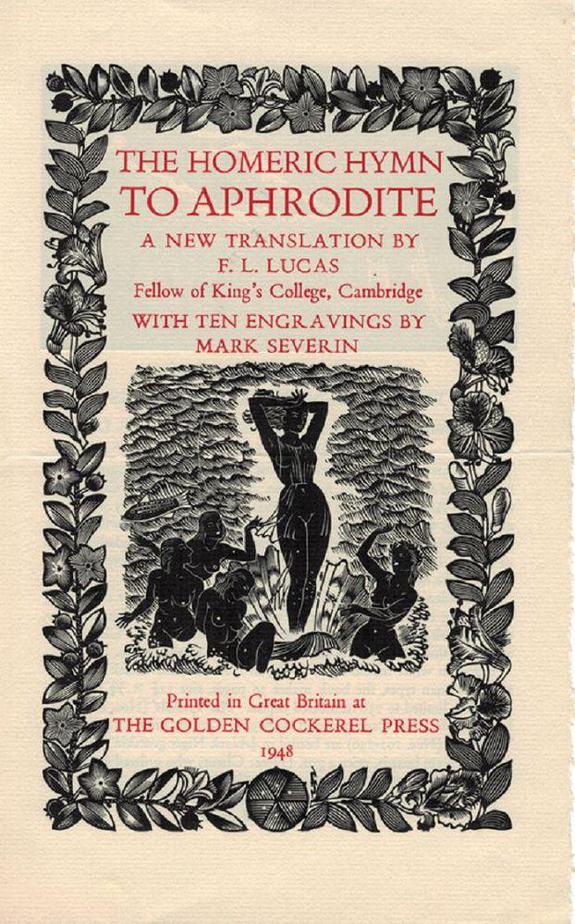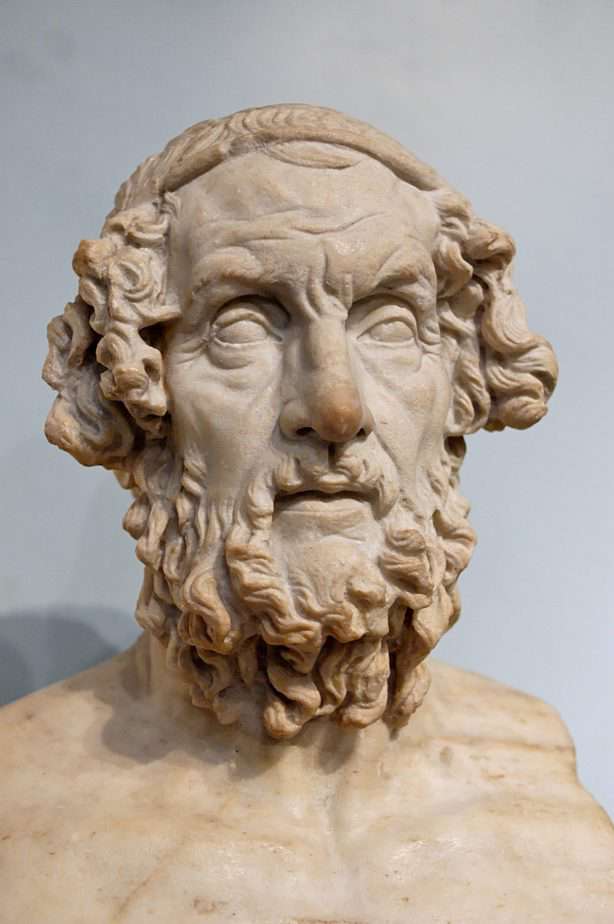Top 15 interesting facts about Homer
Originally published by Angelah on March 2020 and updated by Charity K on August 2022 and Updated by Vanessa R on July 2023
Poetry. T.S Eliot said that genuine poetry can communicate before it is understood.
Meet one of the greatest poets of all time; Homer, who is credited as Europe’s first poet. He was believed to be a court singer and a storyteller. Based on his dialect, some people think that he was from Iona, though others say he was from the island of Chios.
The war between the Trojans and the Greeks as illustrated by Homer in Iliad is probably what made him famous. In this war, the Trojans (led by Priam, his sons Hector, Paris and Hector’s wife Andromache) fought the Greeks (led by Achilles who is thought to be the greatest warrior in the world, Melanus king of Sparta, his brother Agamemnon, Odysseus king of Ithaca, Ajax the second great warrior and Aias the Great)
Here are some of the things that make Homer an interesting character in the world of poems:
1. Unknown year of birth.
Homer, the famous Greek poet was born to Telemachus and Epikaste, though a record of his time of birth is not recorded and is not known as is estimated to be between the 12 and the 8 BC. It is said he died on the Island of Chios, and just like his unknown date of birth, his date of death is also unknown.
2. The Iliad
In the poem, the Iliad, Homer talks about the chaotic events that took place in the city of Ilion during the Trojan war, especially the war between the Trojans and the Greeks in the last year of the war. Paris the son of Priam, kidnapped Helen, the daughter of Menelaus; thus causing the war. The Iliad had 15, 693 lines and in it are illustrations and mentions of several gods and goddesses, including Zeus, Hera, Athena, Poseidon, Apollo, Ares, and Aphrodite.
3. The Odyssey
The Iliad and the Odyssey are some of the famous works done by Homer. The two are performed and are loved by many to this day. The Odyssey tells a story of Odysseus and his journey after the Trojan War. Odysseus and his men encountered Scylla a monster with 6 heads and 12 tentacles and Charybdis, a whirlpool which they escaped narrowly, during their adventurous journey. All of his men died in the end in a shipwreck, leaving only Odysseus, who was captured seven years later.
4. The blind poet.
Homer, the son of Telemachus and Epikaste, was a singer and performer, therefore called a bard, some people believe that he was blind therefore referred to as the blind bard. It is not known whether the blindness story is true or is just about his name, which was unusual at the time, and which meant ‘hostage’ or ‘blind’.
5. He used the earliest alphabet
Homer’s poems were believed to be recorded just soon after the alphabet was invented. Before that, his poetry would have otherwise had to be spoken instead of written! The first written poems were said to have been dictated by the poet between 8 and 6 BC.
6. Homeric Hymns
Other similar works by Homer, poems which ranged from only a few lines to hundreds; these poems, known as Homeric poems one of them being the Epic Cycle on the Trojan War, had the same dialect as Odyssey and Illiad.
7. Was Homer real?
Because of very many disputed facts on Homer; like his place of birth, years of birth and death and the fact that there aren’t any biographical recordings of the man, some people think that he was a fictitious character drawn from the poems The Iliad and the Odyssey. It is believed that he was from Iona while others think he lived on the Island of Chios.
8. A poetic inspiration
There were places in Greece in around 3 BC where Homer was honored. It is said that his works; the earliest form of poetry in Europe, inspired many more works such as Inferno by Dante Alighieri, Heart of Darkness by Joseph Conrad, L. Frank Baum’s The Great Wizard of Oz and Ulysses by James Joyce among others.
9. He was an influential leader
In Plato’s The Republican, Homer is mentioned as an influential leader. Aristotle also commented about Homer saying he was a unique pet of his time. His poems are said to have been passed from generation to generation through oral tradition.
10. The Epic Cycle
He wrote a book of poems called the Epic Cycle which was a collection of poems, that illustrates the happenings of the Trojan war. He also the Homeric hymns, which is a collection of 33 Greek hymns celebrating individual gods.
Homer is a mysterious person. His work, however, has transcended generations and is still enjoyed by poem enthusiasts all over the world!
11. Homer is one of the oldest scholars in history

Photo by Wikimedia Commons – Wikimedia
The study of Homer is one of the oldest topics in scholarship, dating back to antiquity. Nonetheless, the aims of Homeric studies have changed over the course of the millennia.
The earliest preserved comments on Homer concern his treatment of the gods, which hostile critics such as the poet Xenophanes of Colophon denounced as immoral.
The allegorist Theagenes of Rhegium is said to have defended Homer by arguing that the Homeric poems are allegories. The Iliad and the Odyssey were widely used as school texts in ancient Greek and Hellenistic cultures.
They were the first literary works taught to all students. The Iliad, particularly it’s first few books, was far more intently studied than the Odyssey during the Hellenistic and Roman periods.
As a result of the poems’ prominence in classical Greek education, extensive commentaries on them developed to explain parts of the poems that were culturally or linguistically difficult.
During the Hellenistic and Roman periods, many interpreters, especially the Stoics, who believed that Homeric poems conveyed Stoic doctrines, regarded them as allegories, containing hidden wisdom.
Perhaps partially because of the Homeric poems’ extensive use in education, many authors believed that Homer’s original purpose had been to educate. Homer’s wisdom became so widely praised that he began to acquire the image of almost a prototypical philosopher.
Byzantine scholars such as Eustathius of Thessalonica and John Tzetzes produced commentaries, extensions, and scholia to Homer, especially in the twelfth century.
Eustathius’s commentary on the Iliad alone is massive, sprawling over nearly 4,000 oversized pages in the twenty-first century printed version, and his commentary on the Odyssey an additional nearly 2,000.
12. There was an attack on Homeric poems
In 1664, contradicting the widespread praise of Homer as the epitome of wisdom, François Hédelin, abbé d’Aubignac wrote a scathing attack on the Homeric poems, declaring that they were incoherent, immoral, tasteless, and without style, that Homer never existed, and that the poems were hastily cobbled together by incompetent editors from unrelated oral songs.
13. Richard Bentley confirmed Homer existed

Photo by James Thornhill – Wikimedia
Fifty years later, the English scholar Richard Bentley concluded that Homer did exist, but that he was an obscure, prehistoric oral poet whose compositions bear little relation to the Iliad and the Odyssey as they have been passed down.
According to Bentley, Homer “wrote a Sequel of Songs and Rhapsodies, to be sung by himself for small Earnings and good Cheer at Festivals and other Days of Merriment; the Ilias he wrote for men and the Odysseus for the other Sex.
These loose songs were not collected together in the form of an epic Poem till Pisistratus’ time, about 500 Years after.
14. Homer after World War I

Photo by Wikimedia Commons – Wikimedia
Following World War I, the Analyst school began to fall out of favor among Homeric scholars. It did not die out entirely, but it came to be increasingly seen as a discredited dead end.
Starting in around 1928, Milman Parry and Albert Lord, after their studies of folk bards in the Balkans, developed the “Oral-Formulaic Theory” that the Homeric poems were originally composed through improvised oral performances, which relied on traditional epithets and poetic formulas.
This theory found very wide scholarly acceptance and explained many previously puzzling features of the Homeric poems, including their unusually archaic language, their extensive use of stock epithets, and their other “repetitive” features.
Many scholars concluded that the “Homeric question” had finally been answered.
15. Scholars agreed that Iliad and the Odyssey are unified poems

Photo by Dolon Painter – Wikimedia
Most contemporary scholars, although they disagree on other questions about the genesis of the poems, agree that the Iliad and the Odyssey were not produced by the same author, based on “the many differences of narrative manner, theology, ethics, vocabulary, and geographical perspective, and by the apparently imitative character of certain passages of the Odyssey in relation to the Iliad.”
Nearly all scholars agree that the Iliad and the Odyssey are unified poems, in that each poem shows a clear overall design, and that they are not merely strung together from unrelated songs.
It is also generally agreed that each poem was composed mostly by a single author, who probably relied heavily on older oral traditions. Nearly all scholars agree that the Doloneia in Book X of the Iliad is not part of the original poem, but rather a later insertion by a different poet.
Some ancient scholars believed Homer to have been an eyewitness to the Trojan War; others thought he had lived up to 500 years afterward. Contemporary scholars continue to debate the date of the poems.
A long history of oral transmission lies behind the composition of the poems, complicating the search for a precise date. At one extreme, Richard Janko has proposed a date for both poems to the eighth century BC based on linguistic analysis and statistics.
Barry B. Powell dates the composition of the Iliad and the Odyssey to sometime between 800 and 750 BC, based on the statement from Herodotus, who lived in the late fifth century BC, that Homer lived four hundred years before his own time “and not more” (καὶ οὐ πλέοσι), and on the fact that the poems do not mention hoplite battle tactics, inhumation, or literacy.
Martin Litchfield West has argued that the Iliad echoes the poetry of Hesiod and that it must have been composed around 660–650 BC at the earliest, with the Odyssey up to a generation later.
He also interprets passages in the Iliad as showing knowledge of historical events that occurred in the ancient Near East during the middle of the seventh century BC, including the destruction of Babylon by Sennacherib in 689 BC and the Sack of Thebes by Ashurbanipal in 663/4 BC.
At the other extreme, a few American scholars such as Gregory Nagy see “Homer” as a continually evolving tradition, which grew much more stable as the tradition progressed, but which did not fully cease to continue changing and evolving until as late as the middle of the second century BC.
“‘Homer” is a name of unknown etymological origin, around which many theories were erected in antiquity. One such linkage was to the Greek ὅμηρος (hómēros), “hostage” (or “surety”).
The explanations suggested by modern scholars tend to mirror their position on the overall Homeric question. Nagy interprets it as “he who fits (the song) together”. West has advanced both possible Greek and Phoenician etymologies.
3 Popular Poems by Homer and Their Meaning
1. The Iliad
The Trojan War devastated Troy and its allies against an alliance of Greek cities known as the Achaeans, and is recorded in the Iliad during a brief but critical span of time. The fight started when Paris, the son of the king of Troy, Priam, took Helen, the most beautiful woman in the world, from the Achaean king Menelaus while she was still a loyal slave. In an effort to retake Helen by whatever means necessary, the Achaeans gathered a sizable army and sailed to Troy.
Key meaning: “The Iliad” addresses the complexities of human nature and the ongoing war between the desires of each person and the demands of society while emphasising the tragic and terrible effects of war.
2. The Odyssey

User:Bibi Saint-Pol, Public domain, via Wikimedia Commons
A ten-year trip taken by the Greek hero Odysseus as he makes his way home from the Trojan War is recorded in the epic poem “The Odyssey.” The poem tackles themes of endurance, temptation, loyalty, and the power of storytelling while featuring adventures, magical animals, and run-ins with gods and goddesses. This analysis of the human condition shows Odysseus’ longing for his home country, the difficulties he encounters, and his development over the course of the Odyssey.
Key Meaning: “The Odyssey” honours the importance of courage, creativity, and the triumph of the human spirit. It looks at the effects of conceit and the value of knowledge.
3. “Hymn to Demeter”
Homer is believed to have composed the shorter poem “Hymn to Demeter,” while it is possible that another poet wrote it as well. This hymn tells the story of the goddess of agriculture, Demeter, and her search for Persephone after she was kidnapped by Hades and taken to the underworld. Loss, grief, and the cycle of life and death are some of the themes that are tackled throughout the poem. The beginnings of the ancient Greek religious ceremonies known as the Eleusinian Mysteries are also covered in this poem.
Key meaning: The “Hymn to Demeter” focuses on the ongoing nature of life, maternal love, and loss. It clarifies the mysteries of death and rebirth as well as the ancient Greeks’ perspectives on the cyclical nature of the seasons.
Planning a trip to Paris ? Get ready !
These are Amazon’s best-selling travel products that you may need for coming to Paris.
Bookstore
- The best travel book : Rick Steves – Paris 2023 – Learn more here
- Fodor’s Paris 2024 – Learn more here
Travel Gear
- Venture Pal Lightweight Backpack – Learn more here
- Samsonite Winfield 2 28″ Luggage – Learn more here
- Swig Savvy’s Stainless Steel Insulated Water Bottle – Learn more here
Check Amazon’s best-seller list for the most popular travel accessories. We sometimes read this list just to find out what new travel products people are buying.

